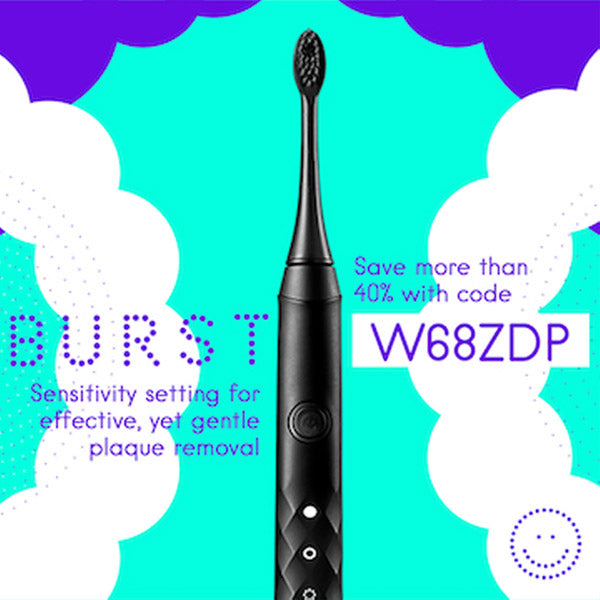Oral Health, Cancer and Risks for Sepsis

Certain types of cancer and treatments for cancer can result in low blood counts that protect against infection. A weakened immune system puts one at higher risk for an infection that can progress to a condition called sepsis.
Sepsis is defined as the body's overwhelming and life-threatening response to infection that can lead to tissue damage, organ failure, and death. According to Sepsis Alliance, every 2 minutes someone dies from sepsis in the U.S. – that’s more than from prostate cancer, breast cancer and AIDS combined.
Cavities and gum disease can potentially cause infection that spreads beyond the mouth, resulting in sepsis.
Signs that may indicate infection in the mouth include:
• Bad breath
• Bitter taste in the mouth
• Fever
• Pain
• Temperature sensitivity of the teeth
• Swollen gum tissue
• Swollen glands in neck
• Swelling in jaw
If you notice any of these signs, it is important to see a dentist as soon as possible. If you are currently receiving treatment for cancer, inform your medical team first and request that they contact your dentist prior to your dental visit to discuss your medical condition.

Protect yourself against mouth infections during cancer treatments.
• When possible, see your dentist BEFORE starting treatments. This visit should include a thorough examination, including x-rays, to determine any treatment needs and resolve potential infection sources.
• Keep your teeth clean. Have your teeth professionally cleaned prior to starting treatments. Dental plaque is full of bacteria. Think of brushing and flossing at home as being comparable to the importance of hand washing to prevent infection.
• Avoids tissue trauma in your mouth. Remove plaque gently with an extra soft, compact head toothbrush. Ask your dental professional to show you the correct way to floss to avoid injury. Be cautious with sharp, hot or spicy foods that may cause irritation.
• Treat dry mouth. A dry mouth is more likely to develop cavities and mouth sores.
• Take steps to minimize mouth sores. Open sores in your mouth are at high risk for infection. Talk with your doctor and your dentist to develop a plan to avoid or treat mouth sores during treatments.
Learn more about the risks for sepsis with cancer and dental health at:




